Want Smarter Kids with More Brain Cells? Give Them Daily Physical Education in School!
Physical Education Update
AUGUST 16, 2022
In simpler terms, at Naperville HS, daily physical education classes were making new brain cells and the academic classes were filling those new brain cells with knowledge. Not only has academic performance improved school-wide, so has behavior and childhood obesity levels. However, exercise does. Physical Education Update.

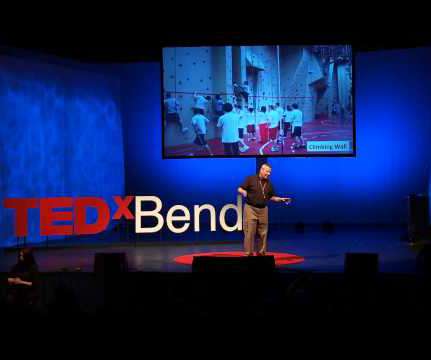

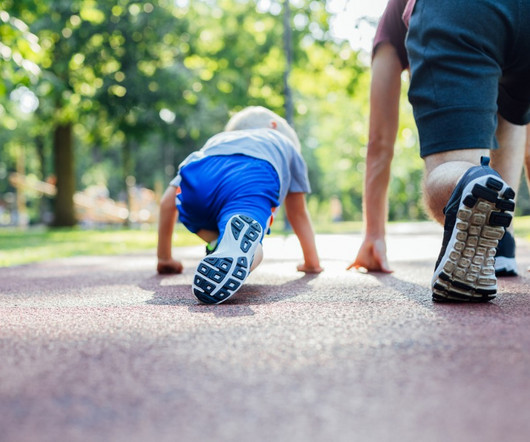
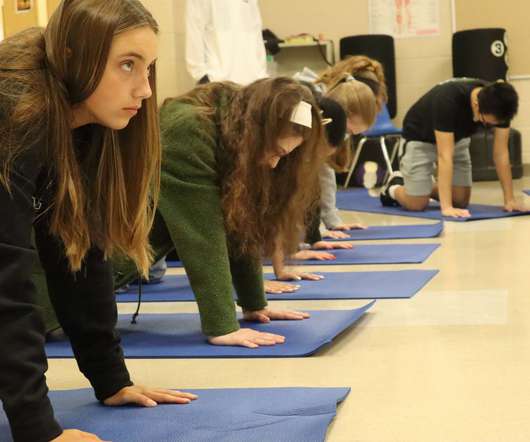

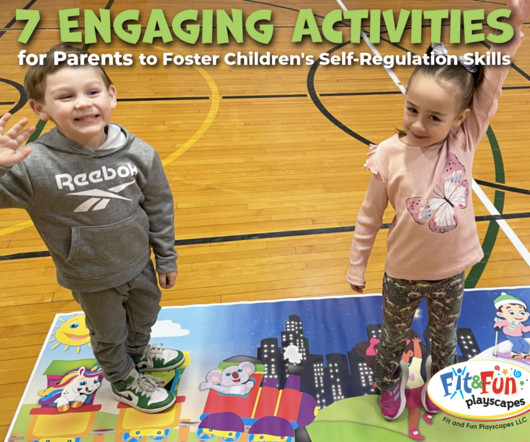
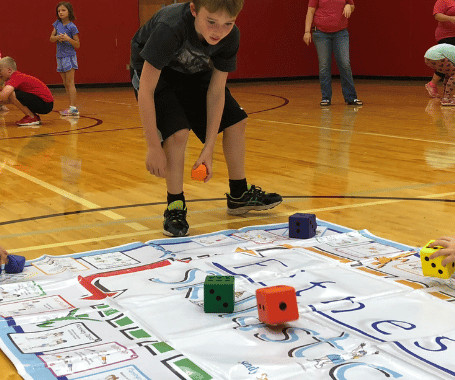
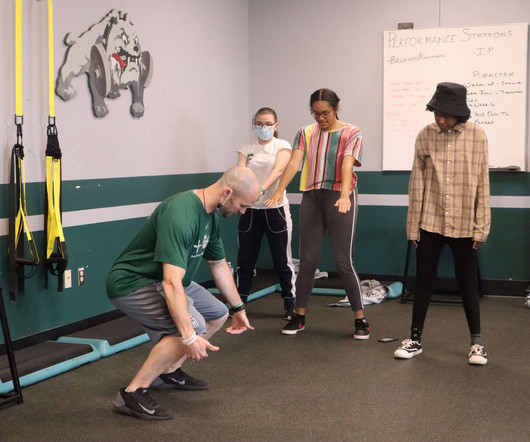
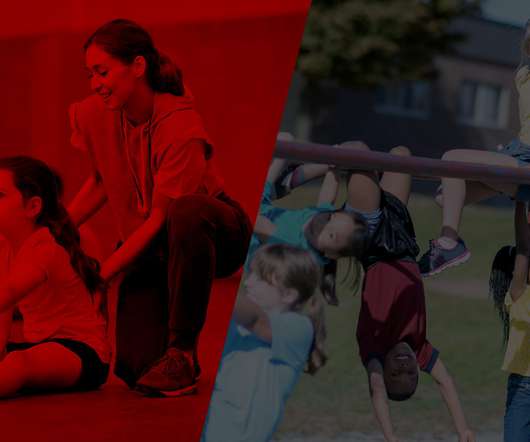


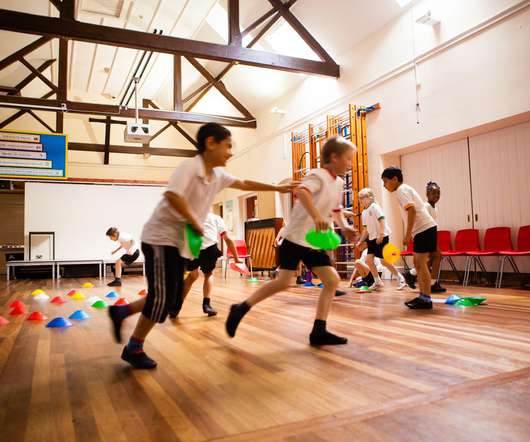
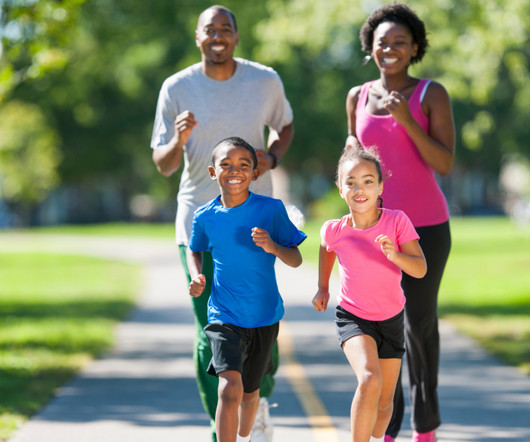






Let's personalize your content